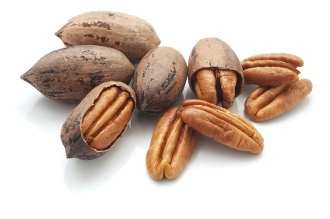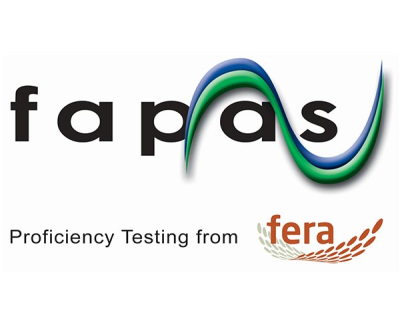Pecan ELISA Kit - 96 wells

PRICE: $550.00
Pecans are grown extensively in the Southern US, and BioFront's MonoTrace ELISA kit is recognized as the best-in-class detection method for Pecan detection. Allergic reactions to Pecan typically last a lifetime, so its accurate detection in foods is of the utmost importance.
ASSAY PERFORMANCE
Assay Time: 30 minutes post-extraction
Incubation Times: 10-minute steps for extraction, sample incubation, conjugate incubation, substrate incubation
Number of Tests per Kit: 96
Limit of Detection: 0.17 ppm
Range of Quantification: 1 to 40 ppm
Specificity: Pecan
THE MONOTRACE ADVANTAGE
BioFront Technologies has developed the first comprehensive line of monoclonal antibody-based ELISA assay kits (MonoTrace ELISAs) for the detection of food allergen contamination in various food samples and environmental surfaces. The MonoTrace Pecan ELISA incorporates the use of a precisely defined set of handpicked monoclonal antibodies selected after a rigorous screening process for their ability to:
- Target a highly stable Pecan allergen resistant to food processing effects
- Recognize a carefully selected target protein to eliminate cross-reactivity and reduce the possibility of 'false positive' results
- Perform well in a wide variety of food products with negligible food matrix interference
CROSS-REACTIVITY
The assay exhibits strong reactivity to pecan (Carya illinoinensis) and to a lesser extent English walnut (17.8-21.2%). Adzuki bean (0.0002%) was minimally reactive in the assay. At concentrations as high as 100,000 ppm, no cross-reactivity was observed in the other matricesincluding tree nuts, legumes, seeds, flour, meats and spices) tested using the MonoTrace Pecan ELISA kit.
RECOVERY
The MonoTrace Pecan ELISA kit is suitable for the qualitative or quantitative detection of pecan in cake, cookie, chocolate, ice cream and spices. Chocolate, ice cream and spice extractions require the addition of 5% (w/v) non-fat dry milk (NFDM). This extraction additive is needed for samples containing polyphenols, which include: chocolate, fruit, tea, coffee, red wine and soybean and others not listed here. Recoveries were within the acceptable range, as defined by current AOAC guidelines (J. AOAC Int. 2012). In summary, pecan protein was efficiently extracted and detected from common food matrices and spices using the MonoTrace Pecan ELISA.
Other matrices may also be suitable for use with the MonoTrace Pecan ELISA kit. Contact BioFront Technologies technical support (support@biofronttech.com) for assistance to determine whether your matrix-of-interest has been validated (cross-reactivity & recovery). A user internal validation using a pecan-spiked sample is recommended to ensure that pecan is efficiently recovered before qualitative or quantitative results are obtained from the kit.

